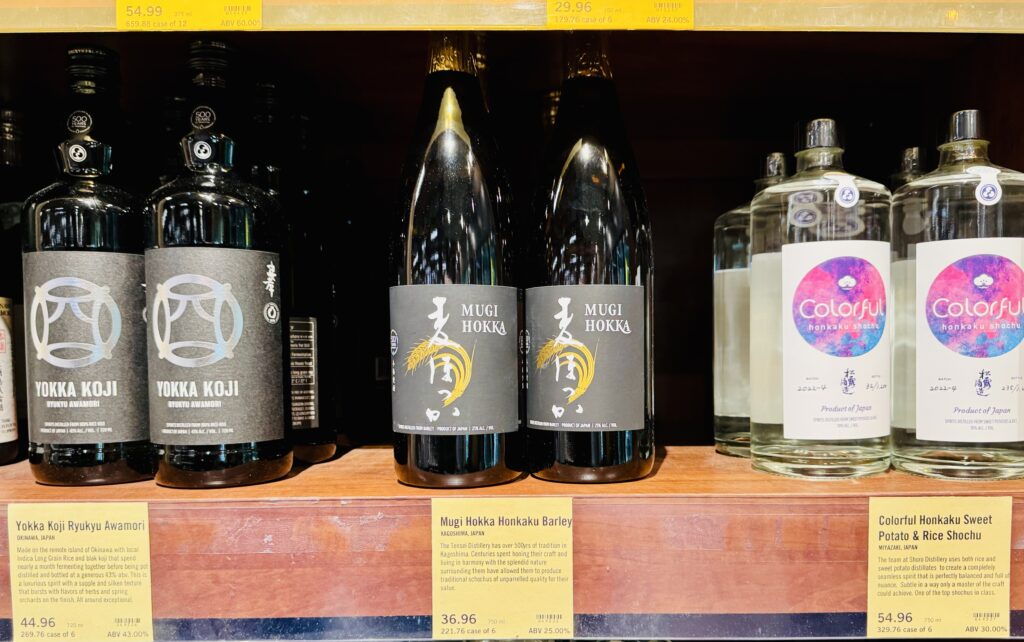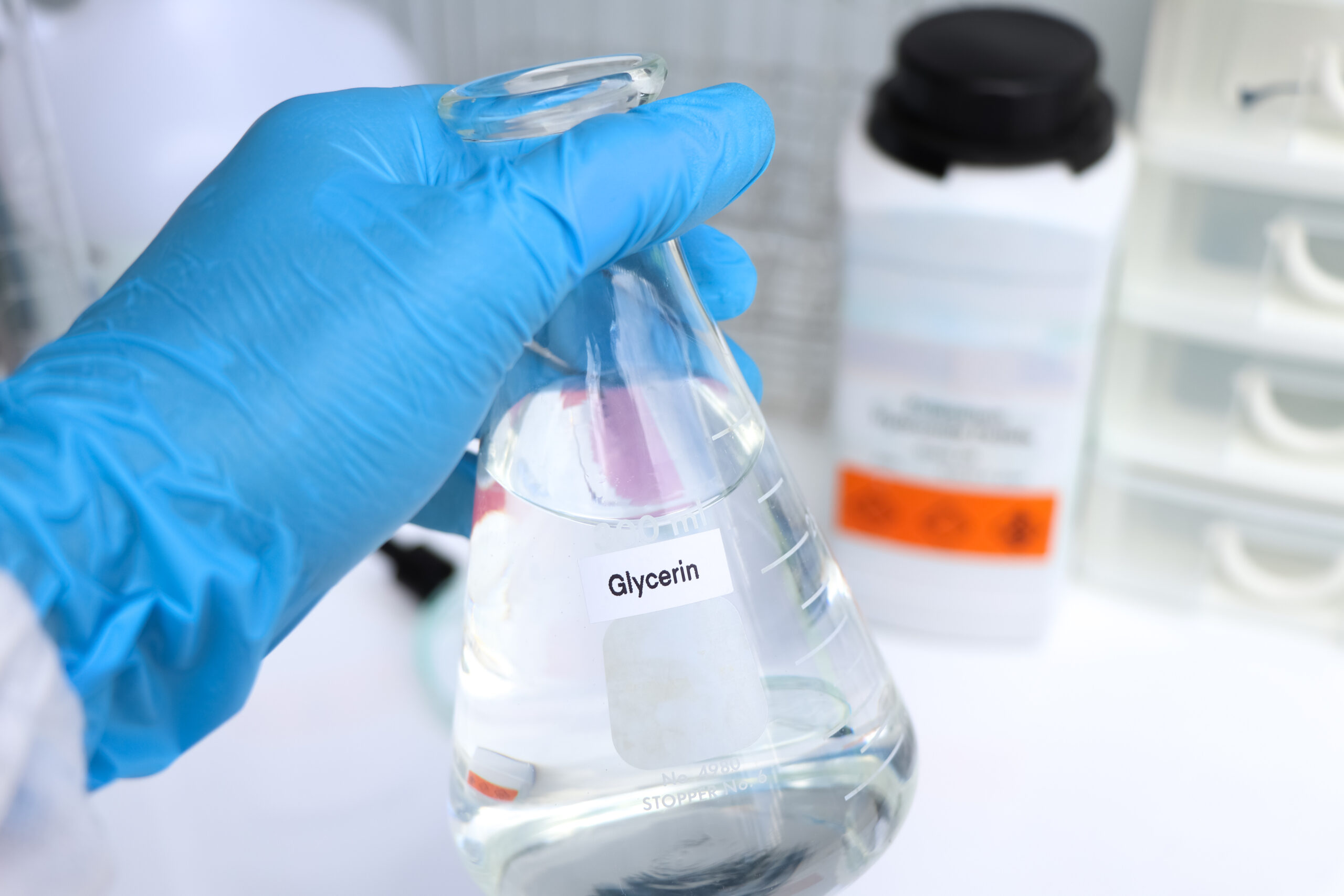Additives are much more common than you’d suspect by simply reading labels. Many spirits traditions have traded hands worldwide for so long that they generally aren’t obliged to disclose their full list of ingredients, which is surprising given the increased oversight of food and beverage manufacturers to protect consumers. Vodka, tequila, and whisk(e)y are common examples of this.

Granted, for many consumers, this is never an issue. Some people simply do not care if their vodka has synthetic ingredients propping it up. There’s no accounting for taste, apparently.
But before I go any further, let me clarify by saying that additives aren’t automatically a bad thing. The absence of additives doesn’t always equate to a superior product. That said, mad respect is due, naturally, to the folks who can make delectable spirits without unlabeled ingredients.
As such, if you prefer to know exactly what’s in the products you’re buying, then, sadly, current labeling laws don’t always have your back. Let’s take a quick tour of some of the under-the-radar additives hiding in your hooch.
Vodka Additives
With the notable exception of Polish vodka, you’re probably drinking something that’s addled with sugar and citric acid.
Honey, for instance, has long been used to both cut the alcohol burn in vodka and add weight to the liquid on the palate (i.e., boost mouthfeel). Glycerine (aka E422) is also a common additive for the same purposes. Meanwhile, citric acid definitely affects flavor in easily imagined ways, and it’s also something of a natural preservative (which is unnecessary since all vodka is distilled).
Here’s a list of other weird things in vodka.
Agave Spirits (mezcal and tequila) Additives
This is a spicy little issue right now. The hunt for truly additive-free mezcal and tequila has revved up over the past couple of years (read this article if you don’t yet know the differences between the two), and there is a growing awareness of, and appreciation for, mezcal and tequila that don’t carry unannounced ingredients.
You see, according to SevenFifty Daily, “The Tequila Regulatory Council (CRT) allows producers to add up to one percent of additives without disclosure, like caramel, oak extract, and glycerin for coloring, extra sweetness, and a thicker consistency.”
That’s…not great. It’s not good either.
Whisk(e)y Additives
There are plenty of shenanigans in this space as well. While whiskey enthusiasts often savor the rich flavors and complex aromas of their favorite drams, few are aware of the hidden ingredients that may be lurking in their glasses. Government regulations around the globe permit producers to include a variety of adulterants in whiskey at disparate thresholds without disclosing them on the label.
These can range from caramel coloring to enhance the visual appeal, to syrups that mask harshness, and even wine or sherry to bend the flavor profile. It’s a sobering reminder that what you see on the label isn’t always what you get in the glass. And I’m not even talking about concoctions like Fireball, where they have to be a bit more forthcoming by calling it a whisky-liqueur blend.
Pro tip: for fans of bourbon and American whiskey styles, the word “straight” means “additive-free,” so look for those expressions during your next jaunt to the bottle shop.
Honkaku Shochu and Ryukyu Awamori are Additive-Free Spirits
There are organizations out there that are doing the government’s job for them. The Additive-Free Alliance, for instance, inspects distilleries and maintains an active and growing list of agave spirits that are indeed free of flavor, texture, and color enhancers.
But aren’t there spirit traditions where additives (labeled or not) are simply prohibited? There certainly are, and one need look no further than Japan’s indigenous spirits industry.
We’re talking about Honkaku Shochu and its older sibling, Ryukyu Awamori.

Japanese tax law allows the production of both of these spirits classes using only approved ingredients, their koji, water, and yeast. While Ryukyu Awamori is always made with rice koji, Honkaku Shochu can actually be made from dozens of natural ingredients.
One under-appreciated quality of additive-free spirits like awamori and shochu is that they are naturally lower in calories. Additives like sugar syrup, glycerin, caramel, and the like carry a caloric payload, so I guess we can safely declare that Japan’s indigenous spirits are lower in calories by law.
So, if you’re looking for honest spirits, head to one of these retailers to make your next discovery. Kanpai!

Leave a Reply